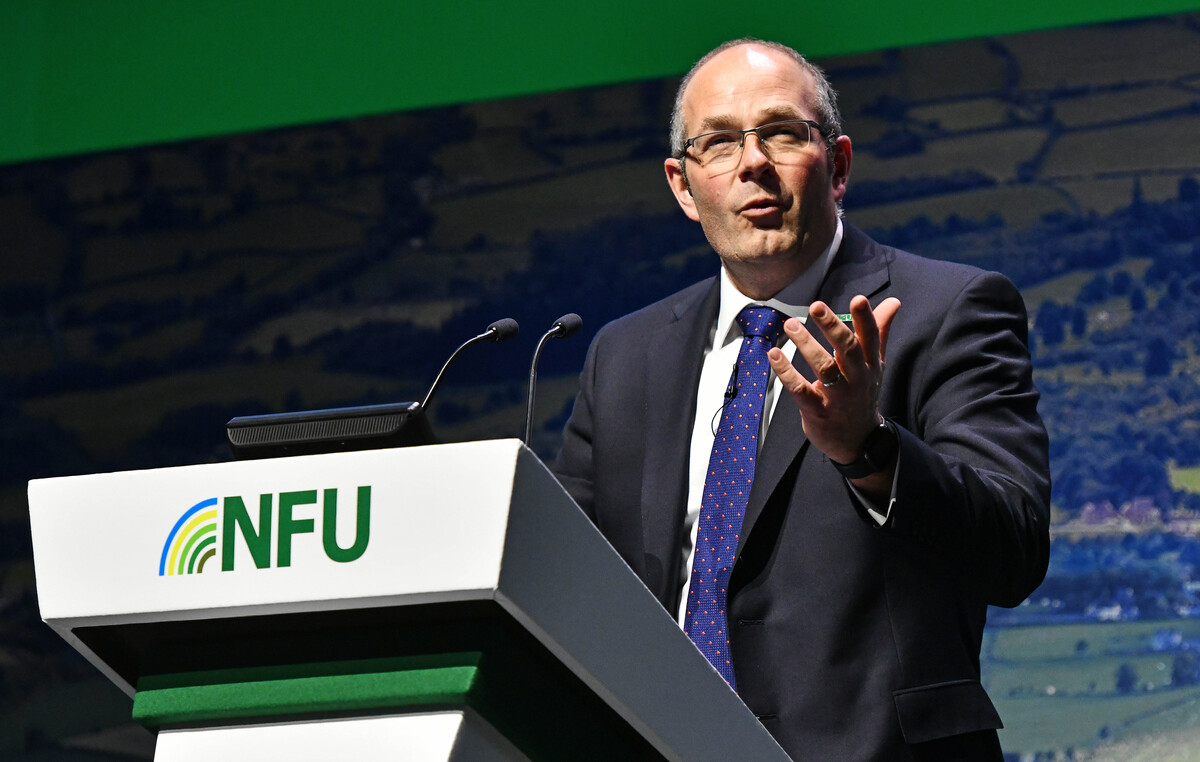We all need to ensure our industry continues to provide high-quality, climate-friendly and affordable food. The aim of the sector resilience plans is to unlock the benefits for farming, where the farm can improve efficiency and lower costs while improving the sustainability of food production.
Our NFU sector resilience plans
Extreme weather events increasingly affect how we farm, as do soaring energy prices, the war in Ukraine, fertiliser and feed costs, and general inflation.
These challenges underline the need to build resilience into our agri-food supply chains. Ultimately, we need to ensure that our industry can continue to provide high-quality, climate-friendly and affordable food.
For the first time, the resilience plans bring together what could be achieved based on what we are asking the government to do for farmers and growers.
Priorities, benefits and challenges
Each sector is defining its priorities, highlighting the member benefits and associated challenges, alongside the support needed from government, industry and R&D for increased uptake of climate-friendly farming practices.
Some asks of government are reflected across several plans, such as improved knowledge sharing, more accuracy and support for GHG (greenhouse gas) auditing, and easier planning and connection for renewables.
Good for business
Climate-friendly farming is good for business. The farm can increase efficiency and lower costs while improving the sustainability of food production.
Members can achieve better market access, cost reductions, business resilience and consumer approval, all while reducing greenhouse gas emissions.
Each sector's resilience plans will evolve to reflect the policy required, the technology available and best practice.
“If we want to compete on the international stage we need to proudly proclaim and evidence that we are producing some of the most climate-friendly food.”
NFU Deputy President Tom Bradshaw
Everyone has a role to play
NFU Deputy President Tom Bradshaw said: “Our farmers and growers are starting to recognise the importance of the triple bottom line of people, planet and profit.
“Our customers and consumers want the same – cutting emissions to contribute to net zero while looking after our wider environment – and we have our part to play.”
However, this is not simply the responsibility of primary producers, he said, and government, the research community, industry and consumers also had to play a role.
“If we want to compete on the international stage we need to proudly proclaim and evidence that we are producing some of the most climate-friendly food. Indeed, being able to demonstrate this is vital to help differentiate us from our global competitors,” Mr Bradshaw added.
NFU members focus on climate-friendly farming
Following the introduction and an opening video, panellists Jake Freestone, Farm Manager at Overbury Enterprises; Stephen Doble, Mixed Farmer at F E Doble & Son; Marion Regan, Managing Director at Hugh Lowe Farms Ltd; Helen Dent, Independent Consultant at Midtown Farm; and Clare Morgan, Mixed Farmer at Fenton Home Farm explained what they are doing on farm.
The resilience plans are based around the three NFU net zero pillars, which were established in 2019 as part of our 2040 net zero ambition to illustrate the opportunities to reduce greenhouse gas emissions as far as reasonably possible.
The net zero ambition is across the industry; it is not expected that every farm will be able to reach net zero. However, everyone, with industry support, can strive to produce climate-friendly British food, energy and fibre.






